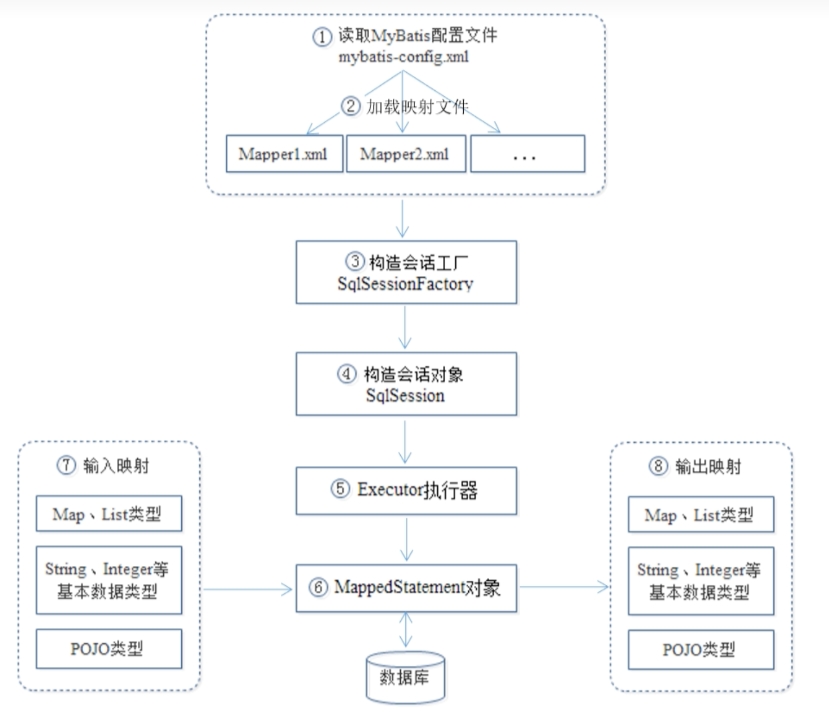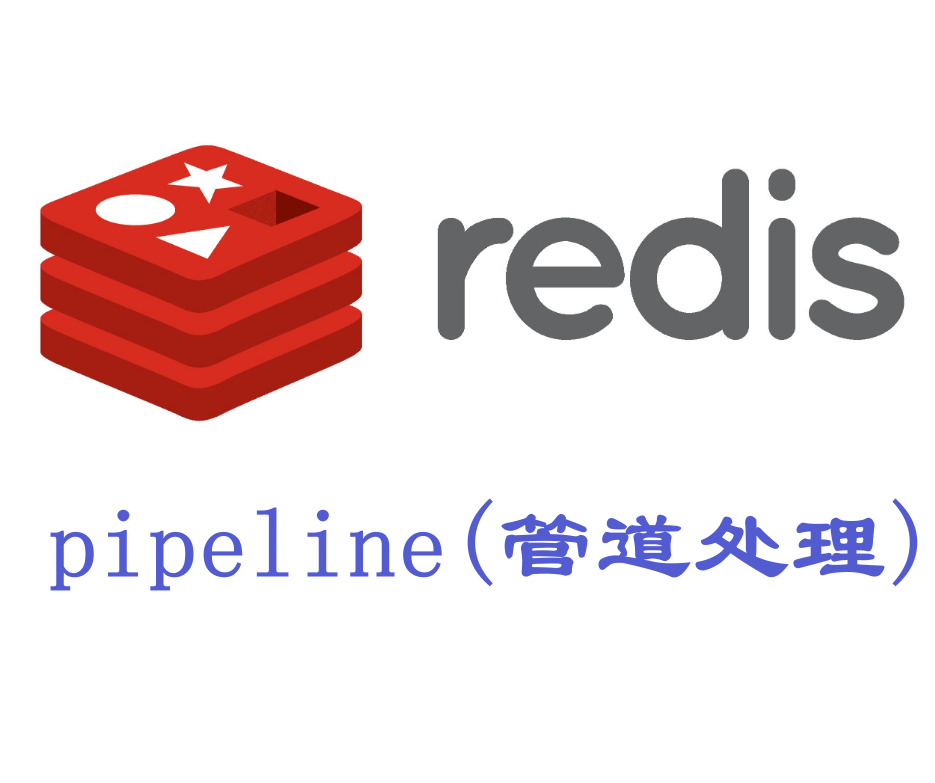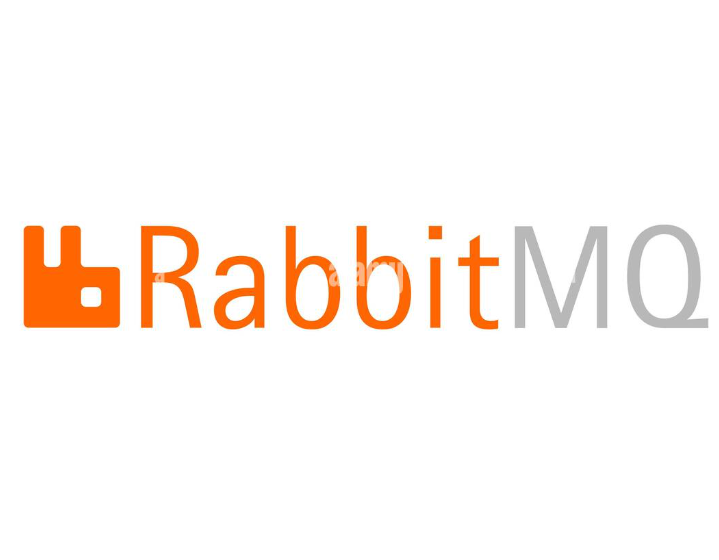一、 Mybatis概述
是一款优秀的持久层 半自动ORM 框架,它支持定制化SQL、存储过程以及高级映射。
MyBatis避免了几乎所有的JDBC代码和手动设置参数以及获取结果集。
MyBatis可以使用简单的XML或注解来配置和映射原生信息,将接口和Java的POJO(普通的Java对象)映射成数据库中的记录。

Configration会去找全局配置文件,然后sesssion工厂去找sqlsession。
Sqlsession就是myBatis中最核心的了。它去加载mappedStatment。然后去执行TransAction。
二、 Mybatis快速入门
1.创建SpringBoot项目
2.引入依赖
<dependency>
<groupId>org.mybatis.spring.boot</groupId>
<artifactId>mybatis-spring-boot-starter</artifactId>
<version>2.1.4</version>
</dependency>
<dependency>
<groupId>mysql</groupId>
<artifactId>mysql-connector-java</artifactId>
<scope>runtime</scope>
</dependency>
3.在application.properties中配置数据库连接参数
spring.datasource.driver-class-name=com.mysql.cj.jdbc.Driver
spring.datasource.url=jdbc //localhost:3306/jdbcDemo
spring.datasource.username=root
spring.datasource.password=123456
//localhost:3306/jdbcDemo
spring.datasource.username=root
spring.datasource.password=123456
4.创建实体类com/whitecamellia/entity/Person,并创建相应的数据库表
public class Person {
private Integer id;
private String name;
private Integer age;
// getters and setters
}
创建com/whitecamellia/mapper接口
@Mapper
public interface PersonMapper {
List<Person> findAll();
}
resources中添加映射文件com.whitecamellia.mapper.PersonMapper.xml
<?xml version="1.0" encoding="UTF-8" ?>
<!DOCTYPE mapper PUBLIC "-//mybatis.org//DTD Mapper 3.0//EN" "http://mybatis.org/dtd/mybatis-3-mapper.dtd" >
<mapper namespace="com.whitecamellia.mapper.PersonMapper">
<select id="findAll" resultType="com.whitecamellia.entity.Person">
select *
from person
</select>
</mapper>
5.测试
@SpringBootTest
class MybatisDemoApplicationTests {
@Autowired
private PersonMapper personMapper;
@Test
void contextLoads() {
List<Person> list = personMapper.findAll();
for (Person person : list) {
System.out.println(person);
}
}
}
三、 statement详解
Mybatis的核心是SQL,一个statement代表着一个SQL,因此,statement的配置即是我们通过Mybatis操作数据库的核心。
statement分为四个标签:<insert>、<delete>、<update>、<select>,分别代表对数据的增删改查。
标签中定义的便是原生的SQL语句,需要新掌握的是标签上的属性:
- id
每个statement都有,且为必选属性,id为statement提供唯一标识,以保证该statement可以被成功定位并执行。不能重复。
- resultType
只有select语句有该属性,代表SQL返回结果的类型,查询用户可以指定为entity.Person类型
比如查询数据总条数,可以指定resultType为long类型,
<select id="findAll" resultType="com.whitecamellia.entity.Person">
select *
from person
</select>
<select id="selectTotal" resultType="java.lang.Integer">
select count(*)
from person
</select>
- ** parameterType**
如果SQL中需要传入参数,则可以通过该属性指定参数类型,如果不指定,Mybatis会自动判断,因此该属性没有实质作用。
<select id="findById" parameterType="int" resultType="com.whitecamellia.entity.Person">
select *
from person
where id = #{id}
</select>
parameterType指定是什么数据类型,但是Mybatis会自动判断,故可以省略
- ** resultMap**
只有select语句有,当SQL结果集不能自动映射到实体类属性时使用,
比如数据库字段为person_id,而Person类中属性为personId,此时Mybatis不能自动映射,需要手动映射。
以下为实例,id标签指定主键属性,result标签指定普通属性,column属性对应表中字段名,
property属性对应类中属性名,autoMapping自动映射。可选
<resultMap id="personMap" type="com.whitecamellia.entity.Person" autoMapping="true">
<id property="id" column="id"></id>
<!-- <result property="age" column="age"></result>-->
<!-- <result property="name" column="name"></result>-->
<result property="loveColor" column="love_color"></result>
</resultMap>
<select id="findAll" resultMap="personMap">
select *
from person
</select>
- insert插入
<insert id="insert">
insert into person(id,name,age,love_color)
values
(null,"zl",26,"紫色")
</insert>
- update更新
<update id="updateById">
update person
set name ='petrel'
where id = 203
</update>
- delete删除
<delete id="deleteById">
delete
from person
where id = 204
</delete>
传入的参数可以有多种类型
- 基本类型( int,String,double,long,date……) 在SQL中获取这类请求参数可以使用#{}表达式,{}中可以填任意字符串,但应该保证可读性,比如:
<select id="findAllById" resultType="com.whitscamellia.entity.Person">
select * from person where id = #{ids}
</select>
#{ids} 内部名字id自定义,只是一个占位符
但是也可以指定参数
List<Person> selectByAge(@Param("age1") int a, @Param("age2") int b);
<select id="selectByAge" resultMap="personMap">
select *
from person
where age >= #{age1}
and age <= #{age2}
</select>
- POJO 即传入实体类,比如一个Person:
<insert id="insert" parameterType="com.whitecamellia.entity.Person">
insert into person (id, name, age, love_color)
values (null, #{name}, #{age}, #{loveColor})
</insert>
注意#{内部字段名是POJO实体类的成员变量名称}
多个参数传递问题 其中有一个参数时java对象,我们需要指定时对象的哪项属性,防止与其他类型参数进行混淆
int i = personMapper.updateById(1, person);
<update id="updateById">
update person
set name = #{person.name},
age = #{person.age},
love_color = #{person.loveColor}
where id = #{id}
</update>





评论( 0 )